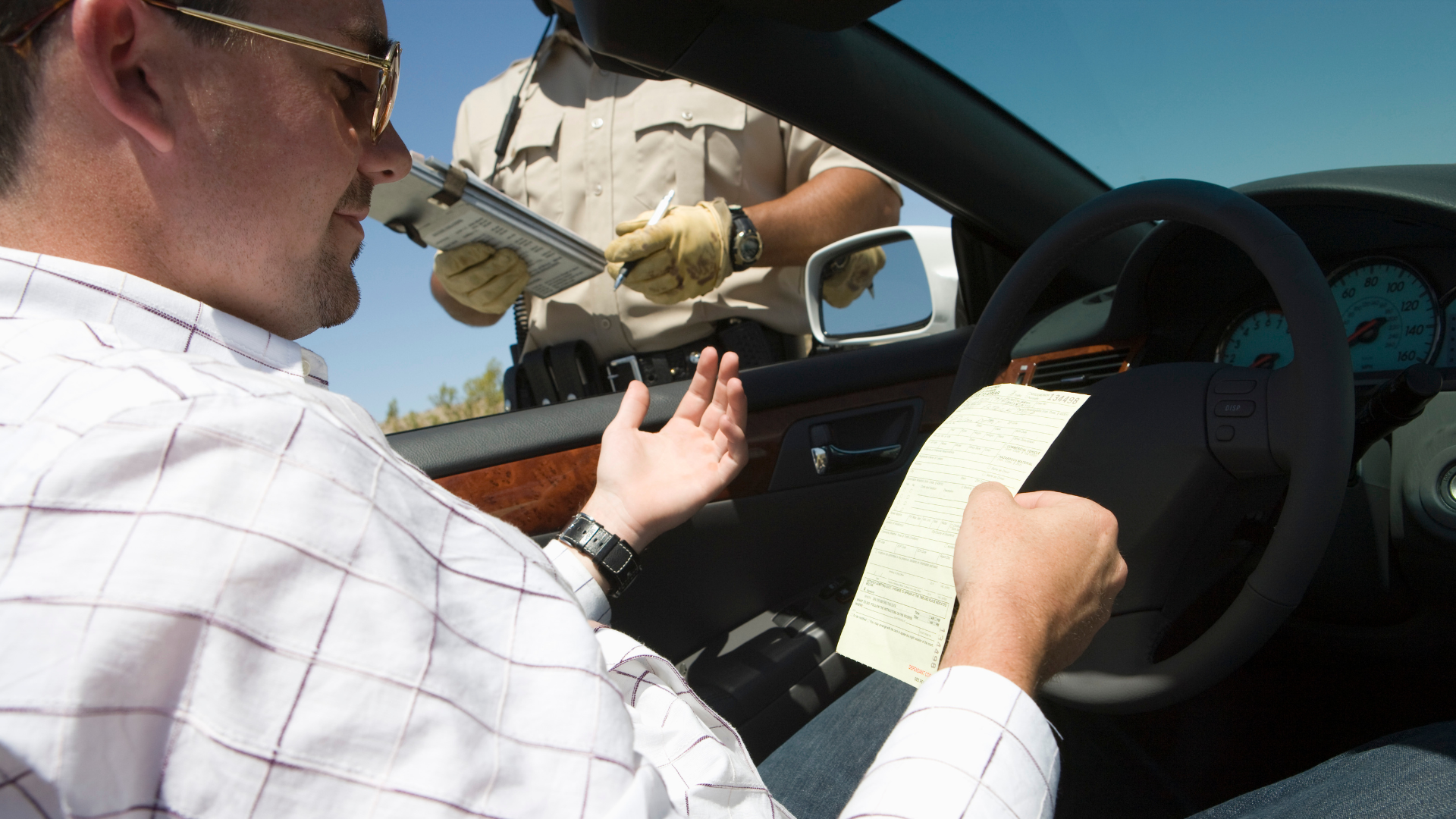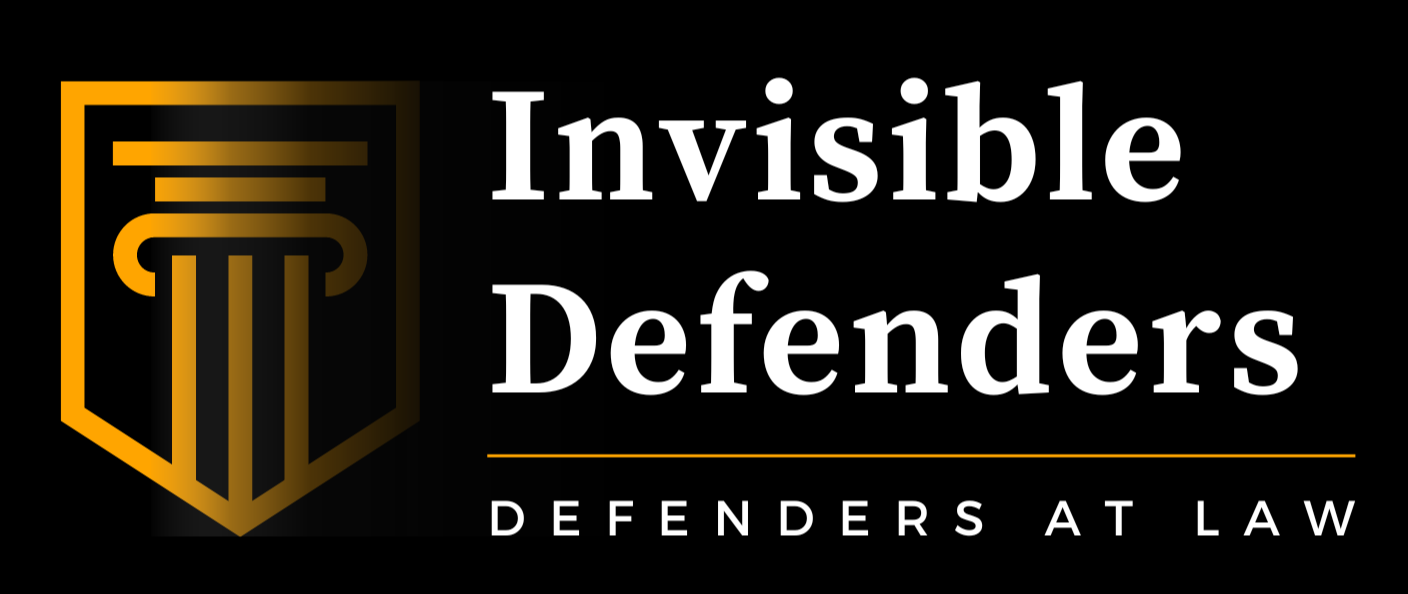
Like most people, you’ve probably received a few speeding tickets in your life. Perhaps you’ve even gotten a few for exceeding the speed limit on the road where you live. But did you know that if you pay for those tickets, the police officer that issued them will report you to their county’s speed trap database? So, what do you do when you receive a speeding ticket? Should you pay for it, or can you fight it?
Speeding tickets aren’t the end of the world, but sometimes they can be. If you get several such tickets in a short period of time, you could see your insurance skyrocket. Or, you could end up with a warrant for your arrest, which would cost you even more money if you weren’t caught. Luckily, there are several ways you can deal with your speeding tickets, depending on the circumstances and your driving record.
Parking tickets can be annoying, annoyingly expensive, and can negatively impact your driving record. If you’re determined to fight your ticket, here are a few things you need to consider before you take the plunge.
What Is the Best Excuse to Appeal A Parking Ticket?
When you’ve been ticketed for parking in a no-parking zone, there’s only one thing left: appeal the ticket. Before you do that, make sure you know about the parking violation and how to appeal parking fines. Your ticket will tell you exactly where the violation occurred, as well as what parking restrictions were in effect at the time of your parking infraction. You’ll also need an excuse to appeal the ticket. Because if you’ve violated a parking restriction, even if you didn’t know it at the time, you need to explain why you were in the area to the parking inspector.
When to Appeal Paying Ticket?
Paying a ticket isn’t as easy as it seems. You have two options when you receive a traffic ticket: pay it or fight it in court. If you pay the fine, it’s considered a conviction, which means you’ll have to go to court and face a judge. If you fight it, you’ll also need to appear in court, but you won’t have to worry about paying a fine. Of course, you’ll also have to pay the court costs, but you probably don’t have to pay as much as the original fine.
Driving too fast on a public road or a highway can cause you to get pulled over by a police officer who gives you a speeding ticket. While a speeding ticket may seem like a minor violation, a speeding fine can lead to hefty consequences in some legal cases, such as in traffic court. When it comes time for traffic court, you may be scared of facing a judge and bailiff, especially if you’ve received a speeding ticket for the first time.
How to Avoid a Speeding Ticket?
Avoiding speeding tickets involves following traffic laws and being mindful of your speed while driving. Here are some tips to help you prevent getting a speeding ticket:
Remember that the primary goal of obeying speed limits and practicing safe driving is to ensure the safety of yourself, passengers, pedestrians, and other road users. While avoiding speeding tickets is a positive outcome, road safety should always be the top priority.
What Happens When You Get a Speeding Ticket?
Speeding tickets always seem to come out of nowhere. You hit 65 mph in a 55 mph zone, no big deal, right? Except you’re pulled over and handed a ticket. And if this only happened to some people, it would be totally manageable. Unfortunately, it happens to more of us than we might expect-and it might happen to you too. So, what do you do when you get pulled over?
Getting caught driving while distracted or speeding can really set back your plans for cheap auto insurance. But before you get that speeding ticket, there are some things you need to know. Did you know that driving while distracted or speeding isn’t always an offense? There are a number of circumstances where an automatic ticket can be avoided. The good news is that speeding tickets usually don’t show up on your driving record.
If you live near a big city, chances are you have already gotten a parking ticket, but did you know you can contest those tickets? Parking tickets can be annoying, and they can be quite expensive. Most cities and municipalities offer online payment options, but in some cases, you can pay online and even appeal your parking ticket online.
Parking tickets can be a big hassle, but you can fight them in many parts of the country. You can sometimes contest them even after they’ve been issued. You can appeal parking tickets for missed deadlines, incorrect location, or violations of uniformity standards, such as if the ticket was issued during off-hours. You can also challenge parking fines if they’re issued in error.
